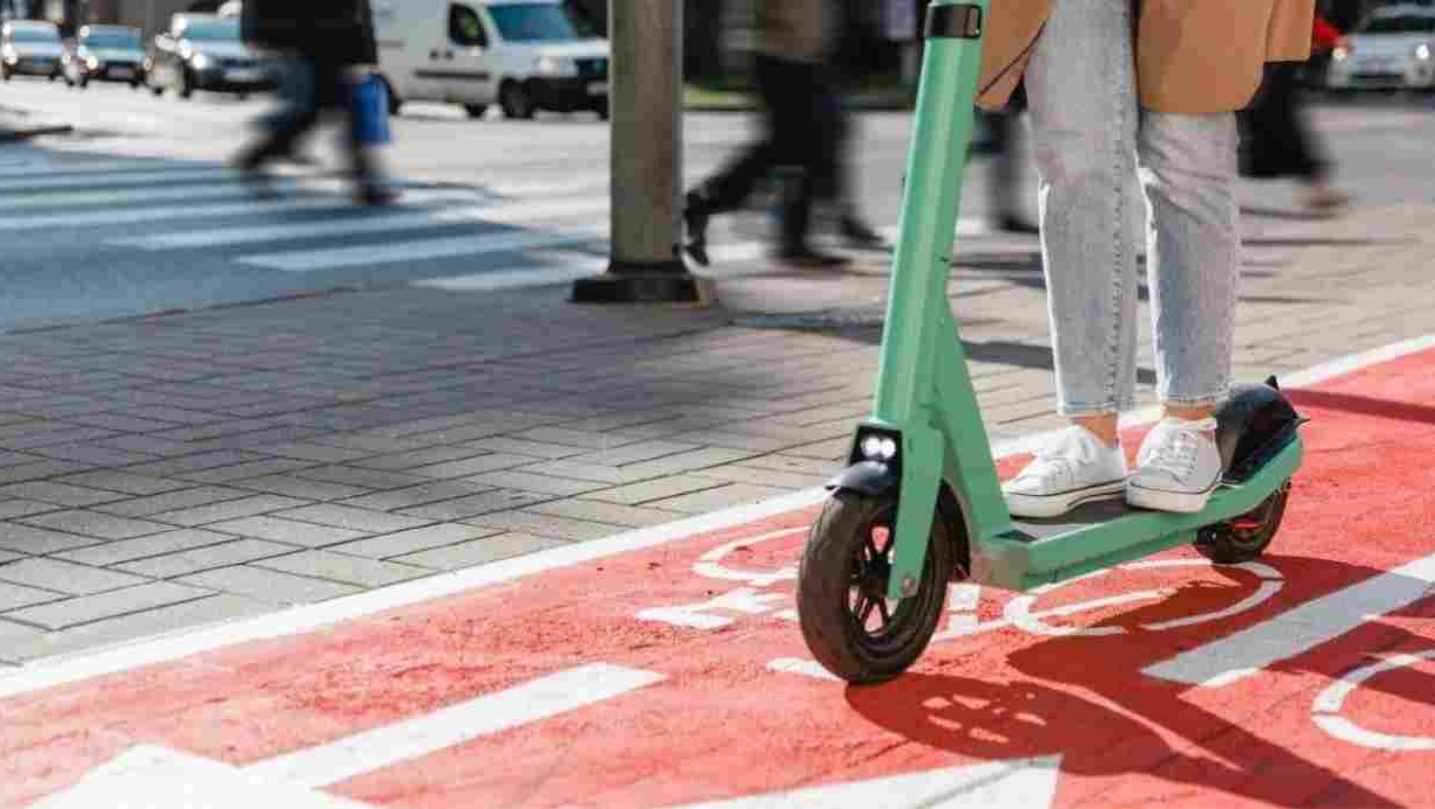Pedestrians First: Prague 1 Pushes for E-Scooter Ban in City Center
Prague Morning

Prague 1 has officially called for a complete ban on shared electric scooters in parts of the city center, citing growing safety concerns and ongoing misuse of public spaces.
The district council made the request this week, urging the capital to issue a decree that would allow individual districts to define no-go zones for both riding and parking of e-scooters.
The proposed ban would be enforced through a combination of physical signage and geofencing technology, and Prague 1 is demanding joint enforcement by municipal and state police.
“We deal with chaotic scooter parking and illegal riding on sidewalks every single day,” said Vojtěch Ryvola, Prague 1’s transport councilor. “This poses a direct threat to pedestrians. The situation has become unbearable. We are ready to defend public space and the safety of our residents.”
Ryvola compared the e-scooter issue to the city’s 2016 Segway ban, which required a national law change and cost around CZK 4 million to implement, including the installation of more than 600 signs. In his view, scooters represent a similarly disruptive force in Prague’s historic core.
Under current Czech legislation, electric scooters are classified as bicycles, meaning they’re prohibited from sidewalks but allowed on roads. However, Ryvola and other Prague 1 representatives argue that this legal classification is inadequate and that the proposed ban should extend to roadways as well.
Not all city leaders are on board. Deputy Mayor for Transport Zdeněk Hřib criticized the Prague 1 plan as a short-sighted and confusing fix. “This does not address the root of the problem,” Hřib said. He pointed to an alternative solution proposed by the city’s Technical Road Administration (TSK), which involves contractual agreements with scooter operators.
TSK’s plan would regulate where and how shared scooters and bikes can be used, introduce penalties for violations, and charge usage fees for public space occupation. But Prague 1 has rejected this model, arguing it does not give districts enough autonomy to impose a full ban.
Public frustration with shared scooters has been mounting, particularly in central neighborhoods. Complaints include reckless riding, obstructive parking, and lack of revenue from the use of municipal space.
Šnejdarová noted that Prague 1 has been demanding action since early 2023. “Despite repeated appeals, the city has yet to offer a concrete solution,” she said.
Should negotiations with the city collapse, Ryvola said the district may consider holding a local referendum to decide whether to ban e-scooters outright across all of Prague 1.
Would you like us to write about your business? Find out more
-
NEWSLETTER
Subscribe for our daily news










